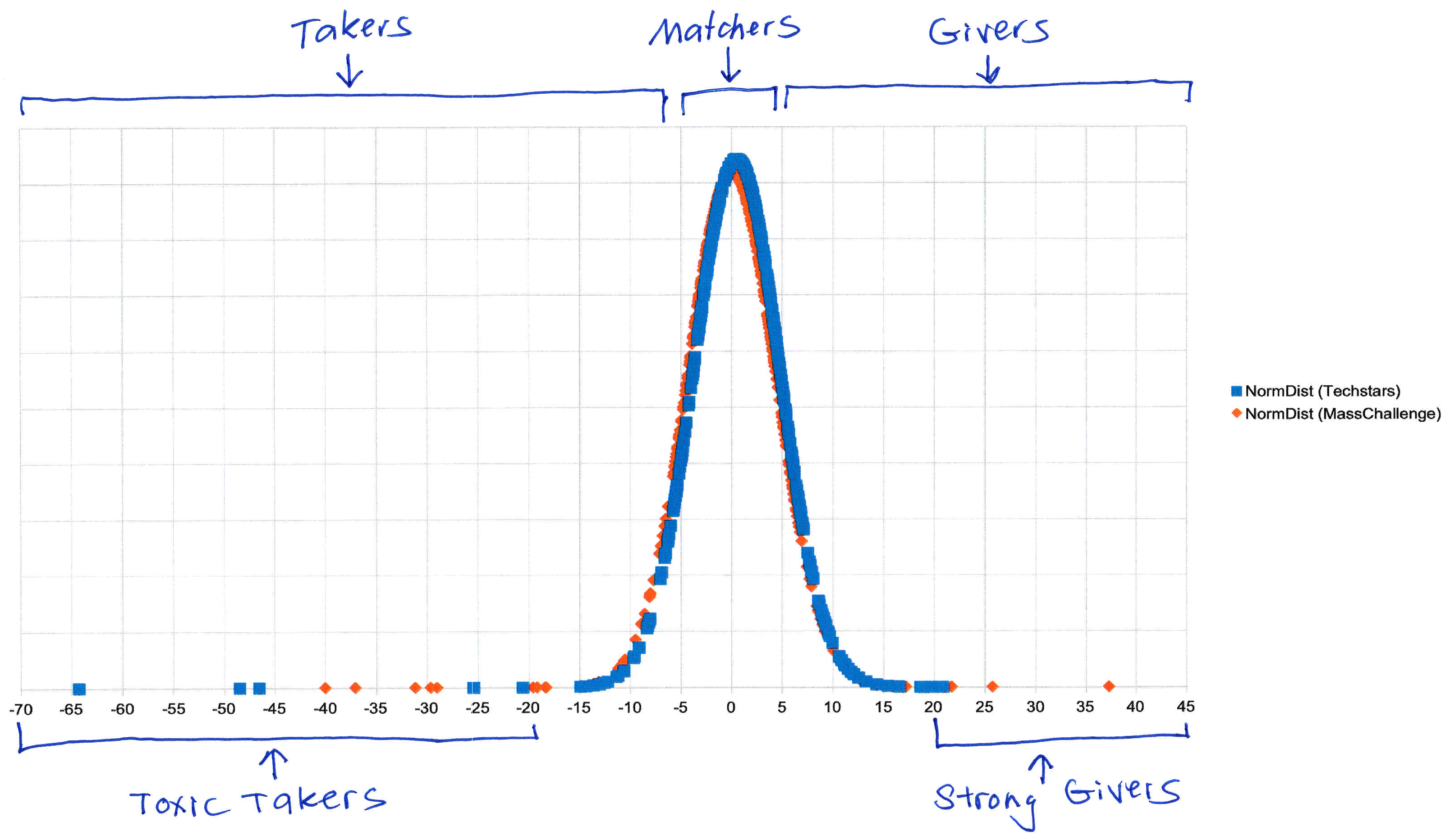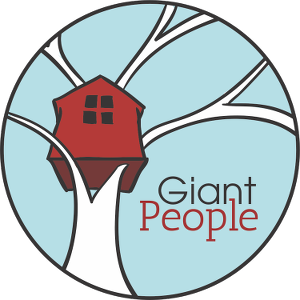RIFKIN helps you eliminate toxic takers from your life.

With the caveat that brevity is not my strong suit, allow me to begin with some (hopefully brief) background.
From Disruption To Mentoring
I turned 50 in 2016, and that year I launched a project about disruption which was designed, in part, to figure out what 35-year-old me did to disrupt 50-year-old incumbents (when I launched my law firm in 2001) and what 50-year-old me could do to anticipate other 35-year-old disruptors. I called the project “The Year Of Disruption” (the archives are here). It was very meta. It also failed (at some level) when real life disrupted my disruption project.
But that project caused me to launch an IRL project in 2017: a listening tour of friends and clients old and new. Greek philosopher Epictetus said: “We have two ears and one mouth so that we can listen twice as much as we speak.” So I listened – a lot. And I learned – a lot.
That year, I was introduced to the excellent (and life-changing) “Give and Take” book by Adam Grant. Just like “Marketing Management” by Kotler taught me the language of marketing, “Give and Take” taught me the language (and more) of giving. Both are “top shelf” books. I could not read “Give and Take” and do nothing. So here’s what I did:
- I launched Treehouse, a networking group for givers.
- I started mentoring for Techstars, a for-profit startup accelerator.
- I started mentoring for MassChallenge, a nonprofit startup accelerator.
In short, I started giving back with no specific expectation of return. Sewing a thousand seeds, as it were. With this model, you have no expectation for any individual seed, but eventually there will be a harvest (which you can share).
The Art and Science of Giving
I have gotten clients from Treehouse, Techstars, and MassChallenge, but that was not my goal.
My goal was structured, intentional, healthy giving. Not the kind of giving that kills you because you give and give until there’s nothing left to give.
When I started Treehouse, I invited members who identified as givers, using the teachings of Adam Grant’s book as my guide. At first, I could just look at a LinkedIn profile and determine, qualitatively, whether an individual was a giver, matcher, or taker.
But then I started to think about the giver/matcher/taker determination quantitatively. After all, I’m a database person. I first put my contacts into a database (FileMaker) in 1988 and have been updating that database ever since. I have 50,000+ unique records in my database, with 400+ fields/record, so that’s 20,000,000+ data points.
The Dawn of RIFKIN
And thus, RIFKIN was born. RIFKIN includes an algorithm, baked into my database, that determines an individual’s reciprocity style based on signals from their LinkedIn profile.
That you can categorize people as givers/matchers/takers is not my idea. It’s Adam Grant’s idea.
That you can write an algorithm to determine an individual’s reciprocity style is not my idea. It’s Adam Grant’s idea. Adam Grant called his algorithm a quiz.
My idea is that you can write an algorithm that does not require you to take a quiz. That’s RIFKIN, in a nutshell. It’s like Myers–Briggs without the quiz.
And so I began running RIFKIN on large groups of people (networks). By my math, about 0.5% (1 in 200) of people are toxic takers, and these are the folks that you should eliminate from your life (according to the teachings of the “Give and Take” book). And it was much easier than you might imagine to figure out which networks were giverish and which were takerish.
Which brings me to the topic at hand.
Is Techstars giverish or takerish?
Techstars is a for-profit startup accelerator that takes equity in the companies it accelerates. Its #GiveFirst mentality focuses on giving with no specific expectation of return. Techstars works extraordinarily well in person, but (like other startup accelerators) struggled with the (presumably temporary) pivot to virtual during the COVID-19 pandemic. Because Techstars takes equity in the startups it accelerates, the founders of those startups are more likely to put their all into the Techstars startup accelerator program. With the equity model, each party has skin in the game, and the accelerator-startup dynamic is setup as win-win from the start (as all startup relationships should be).
From a mentor’s perspective, Techstars is great while the accelerator program is on-going, especially if you’re a lead mentor. Between programs, however, there is not much “there” there for mentors. The Techstars Boston Slack channel, for example, is just one step above a ghost town. And even though I have mentored over 200 companies and founders over the past 5 years (in all startup accelerator programs combined), only about 10% of those make any effort to keep me updated of their progress, even those for whom I have served as primary mentor. In related news, I was invited to three weddings last year, bought gifts for all three, attended two in person, and have only received two thank-you cards. Maybe I’m old fashioned, but keeping in touch shouldn’t be so hard – nor should saying thanks.
The #GiveFirst focus of Techstars has the potential to be problematic. Baked into the #GiveFirst hashtag is the presumption that something comes later. Think: sewing a thousand seeds. But what if nothing comes later? What if you are asked to give, give, and give some more? Well, you know who does that for a living? Takers. So like young newlyweds, Techstars should also work on #ThanksNext or the like to balance things out a bit.
Unlike many of the networks that I analyzed, Techstars, on average, is a giverish network. There are givers, matchers, and takers. Among the givers, there are plenty of strong givers (folks like Warren Katz, Jay Batson, and Clem Cazalot). But there are also plenty of toxic takers (who shall remain nameless) who are sucking the life out of Techstars.
Is MassChallenge giverish or takerish?
MassChallenge is a nonprofit startup accelerator that does not take equity in the companies it accelerates. The “no equity” model is possible because MassChallenge is funded primarily by corporate sponsors. MassChallenge works extraordinarily well in person, but (like other startup accelerators) struggled with the (presumably temporary) pivot to virtual during the COVID-19 pandemic. Because MassChallenge does not take equity in the startups it accelerates, the founders of those companies are less committed to the startup accelerator program, in some cases just using MassChallenge to get free office space for a few weeks.
From a mentor’s perspective, MassChallenge is great while the accelerator program is on-going, especially if you’re a lead mentor. I especially enjoyed parking myself at the Boston Design Center building for full days of office hours. Both the scheduled and unscheduled interactions were excellent. Between programs, however, there is not much “there” there for mentors. The MassChallenge Boston Slack channel, for example, is just one step above a ghost town. And even though I have mentored over 200 companies and founders over the past 5 years (in all startup accelerator programs combined), only about 10% of those make any effort to keep me updated of their progress, even those for whom I have served as primary mentor. In related news, I was invited to three weddings last year, bought gifts for all three, attended two in person, and have only received two thank-you cards. Maybe I’m old fashioned, but keeping in touch shouldn’t be so hard – nor should saying thanks.
The sponsorship of MassChallenge has the potential to be problematic. If an expert wants to present at MassChallenge on a particular topic, and if the expertise overlaps with that of of MassChallenge sponsor, then the expert is likely out of luck.
Unlike many of the networks that I analyzed, MassChallenge, on average, is a giverish network. There are givers, matchers, and takers. Among the givers, there are plenty of strong givers (folks like Des Pieri, Chaya Pomeranz-Sherman, and Cait Brumme). But there are also plenty of toxic takers (who shall remain nameless) who are sucking the life out of MassChallenge.
Conclusion: Techstars and MassChallenge Have the Same Problem

Techstars and MassChallenge have both been infected with (toxic) takers. Left unchecked, takers can take down any network. I’ve seen it happen to networking groups, companies, and even churches.
After I ran RIFKIN on both Techstars and MassChallenge, I was fascinated to see just how similar the networks are. I analyzed over 1300 individuals from each of Techstars and MassChallenge. The vertical lines in the graph represent standard deviations, which is why the folks in the middle (one standard deviation from the norm) are matchers. The folks that interest me – and the folks that should interest you – are those that are two, three, four, or more standard deviations from the norm.
Whither RIFKIN?
I’ve helped hundreds of startups in the three overlapping acts of my career:
- Act 1 = Doing #startups as a founder/co-founder/employee ($6B in exits).
- Act 2 = Clocktower = #Patents and #Trademarks for #Startups (another $6B in exits).
- Act 3 = Helping the #givers in the #startup community avoid the toxic #takers (Treehouse and #RIFKIN).
I joke around that I have one good idea per decade. And I’m pretty sure that RIFKIN is one such idea. For example, given the contact info for 400 founders and mentors in a cohort of a startup accelerator, I’m pretty sure that RIFKIN could predict which startups will succeed and which will fail.
And to my Techstars and MassChallenge friends, let me add this: I love all of you, and if I didn’t care about making Techstars and MassChallenge better/faster/stronger, then I wouldn’t write about it!
About RIFKIN
GiantPeople RIFKIN analyzes individuals based on the teachings of Adam Grant’s “Give and Take” book. RIFKIN determines an individual’s reciprocity style (which, in turn, is an indicator of success) without the individual needing to take a test. About 0.5% of people (1 in 200) are “Toxic Takers” (according to Adam Grant), and eliminating Toxic Takers from your network is the single most important thing that you can do (according to Adam Grant). RIFKIN helps you eliminate Toxic Takers and focus on givers who most benefit your company, group, or network. RIFKIN: like Myers-Briggs minus the test.
Related Articles
- * RIFKIN Report #6: Harvard vs. MIT (2023-02-17)
RIFKIN helps you eliminate toxic takers from your life. - * GiantPeople RIFKIN Report #1 – Top 10 Giver States And Bottom 10 Taker States (2022-04-01)
With a little caveat about statistical significance. - * GiantPeople RIFKIN Report #0 – Introducing RIFKIN For Connectors (2022-04-01)
And a preview of RIFKIN for Startups - * Ron Shaich (Founder Of Au Bon Pain & Panera) Doesn’t Know That He Was My First Startup Mentor (Because I Never Told Him) (2020-11-20)
Do you have a startup mentor that you have failed to thank? It doesn’t take long, and I’ll bet that they would appreciate it! - * Drawing That Explains How ‘Doing Nothing’ Is A Startup’s Biggest Competitor (2019-07-17)
17 Seconds #62 – A Publication For Clients And Other VIPs Of Clocktower. - * Book Review: Give And Take by Adam Grant – Inspiration For The Treehouse Series (2018-09-17)
17 Seconds #52 – A Publication For Clients And Other VIPs Of Clocktower Law. - * Memo For Record – Techstars USAF – Day 1 Mentor Madness (2018-02-01)
Drinking from the firehose again. - * Mentors, Mentees, And Mentoring: What Parenting And Startups Have In Common (2018-01-17)
17 Seconds #44 - * YearOfDisruption.com: 2016-2017: Lessons Learned (2017-05-31)
Insert ‘Pomp and Circumstance’ here. - * How To Build A Startup: One Board At A Time, Be Yourself, Get Plants (2016-06-15)
Top 11 tips for entrepreneurs. - * Erik J. Heels Announces Start-Up Heels.com Shoe Store (2007-11-12)
With the name Heels, Erik Heels was destined to be either a podiatrist or a shoe salesman.

RIFKIN helps you eliminate toxic takers from your life. Subscribe to RIFKIN Report.


